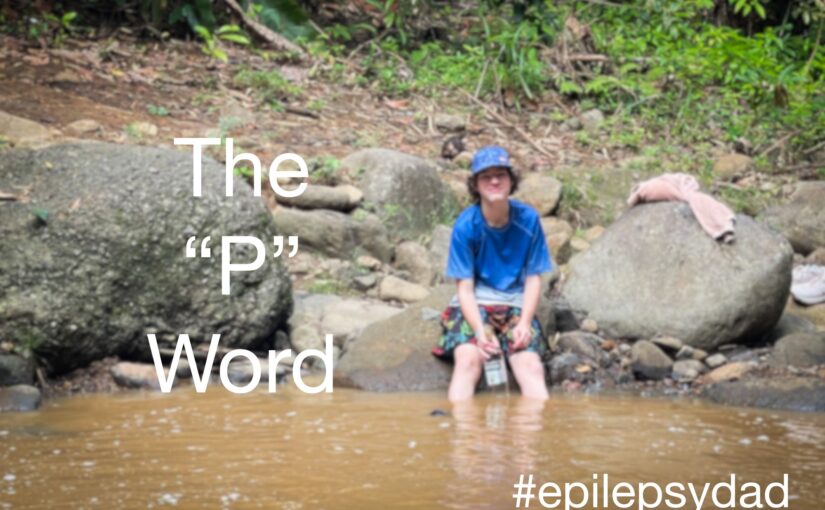Other than dying, I think puberty is probably about as rough as it gets.
Rick Springfield
I can relate. We’ve faced both of the top items on Mr. Springfield’s list during our epilepsy journey. There were many times when we didn’t think our son would reach puberty. There were long stretches when our son was in status, when we were in the hospital, not knowing if there would be a tomorrow. Once his condition stabilized, even though his seizures not being under control led to an increased risk of SUDEP, we worried that when puberty did come, his seizures would get worse because of the hormones and the changes in his body and brain.
Well, we have reached that part of our program where our child begins the transformation into a young adult. That thing we weren’t sure would happen that then loomed over us when we thought it might happen is here.
Puberty.
Part of me appreciates the miracle. The body is an incredible, complex system that changes as it matures and grows. We literally started as a clump of cells and were able to invent medicine, computers, and space travel. It’s also a miracle that our son is here at all. In a different time, in a different place, his journey could have gone in a very different direction.
Another part of me is right there with the man obsessed with Jessie’s girl.
Puberty is rough.
I don’t have any good memories of puberty. I do remember that I didn’t have any real guides or explanations for what was happening, so I largely experienced it alone. My parents and friends didn’t talk about it. In school, we learned the basics of biology from a book, but that didn’t cover the confusing, very personal, and very real changes that were happening to me. That experience left me feeling lost and insecure, and those insecurities carried well into my adult life, even today.
I want my son to have a very different experience than I did. I want him to have more answers than questions. I want him to feel supported rather than alone. But helping him navigate this part of his journey feels like asking for directions from a tourist. Oh, and also, there is a seizure monster that may or may not attack you along the way.
I’ve had enough therapy to know that the first step is setting the intention for it to be different for my son than it was for me. Check. We’re also very fortunate to be supported by his school and the team of people at our children’s hospital. There are many more well-informed, science- and data-backed resources available today. And I have an amazing partner, so our support system is in place. Check.
The next thing to do is start, although admittedly, I’ve felt like I’ve stumbled a bit taking those first steps. His access to both good and bad information and our evolving understanding of gender and sexuality have left me unsure of where we are starting. But with the right resources and support, we are starting to get our bearings, and we are on this journey together.
That’s already a better start than I had.
I wanted to pass along this book that has been helpful in grounding my understanding and the language we use when talking about gender, sexuality, and related topics. The book is For Goodness Sex: A Sex-Positive Guide to Raising Healthy, Empowered Teens by Al Vernacchio. Al also has a few TED talks and videos available that are wonderful resources for parents.
